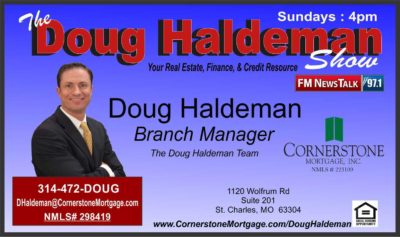
Mortgage Broker vs. Mortgage Banker
Lenders
Lenders are the ones who give you the money — either directly or through a third-party — to fund your loan. They have various names based on how they acquire their clients and what they do with your loan after it is funded.
Retail vs. Wholesale vs. Correspondent Lenders
(How Customers Are Acquired)
- Retail lenders reach out directly to consumers. For example, Wells Fargo has loan officers in local branches who perform all loan origination functions. Retail lenders are sometimes referred to as “Direct Lenders.” Retail lending can be done face-to-face in a bank branch, online or on the phone.
- Wholesale lenders fund mortgages acquired through brokers who work outside of their company. The brokers find customers and take loan applications and then sell the loan applications to wholesale lenders to fund.
- Correspondent lenders are a mix between brokers and retail lenders. They technically fund loans with their own borrowed money but typically lock in rates with other lenders at the same time. This mitigates their risk because they can quickly turn around and sell the loan.
Mortgage Bankers vs. Portfolio Lenders (What Happens to Your Loan)
- Mortgage bankers fund loans but typically turn around and sell them in the secondary market to investors or agencies such as Fannie Mae and Freddie Mac. Mortgage bankers borrow money from banks to fund the loans and then repay the money when the loans are sold. Most large lenders such as Wells Fargo Mortgage are mortgage banks.
- Portfolio lenders include many community banks, credit unions, and savings and loans companies. Portfolio lenders use money from their customers’ bank deposits to fund loans so they can hold onto the loans and keep them in their portfolios.
Mortgage Brokers
Mortgage brokers are like a matchmaking service: They match you, the borrower, with a lender. They review your personal financial information and look over an array of lenders and try to match you with one who will give you the best rate and terms. The advantage is choice because the broker will have lots of lenders to match you with; the disadvantage is that once the match is made, the broker out of the picture, so you may have difficulty staying in close touch with the person who is underwriting and funding your loan.
Contact Information:
Doug Haldeman NMLS# 298419
314.472.3684
Audio: Mortgage Broker vs. Mortgage Banker vs. Depository Bank
Podcast: Play in new window | Download
